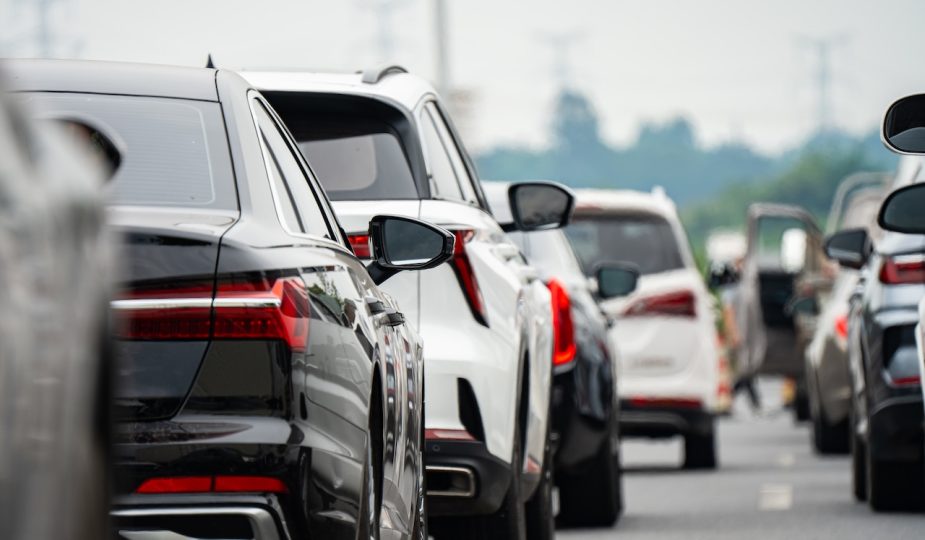Italy Pushes Back Diesel Euro 5 Ban to October 2026
In a move that’s stirring debate among commuters and environmental advocates alike, the Italian government has formally postponed the planned ban on Euro 5 diesel vehicles. Originally set to take effect in autumn 2025 across cities with more than 30,000 inhabitants, the restriction will now start on October 1, 2026—and apply only to municipalities exceeding 100,000 residents. This decision rewrites the timetable for urban air-quality measures and raises questions about the balance between public health, consumer convenience and economic pressures.
Why the Delay?
The ban on Euro 5 diesels was introduced in 2023 under Prime Minister Giorgia Meloni’s administration, in response to two landmark European Court of Justice rulings mandating Italy to reduce smog in the polluted Po Valley region. Diesel cars meeting the Euro 5 standard—manufactured roughly between 2011 and 2016—emit higher levels of nitrogen oxides (NOx) than newer Euro 6 models. By including them in the restriction, Italy aimed to curb toxic emissions and comply with EU limits.
However, an amendment to the Infrastructure Decree, approved in early July 2025, not only delays the ban by a full year but also narrows its scope. Lawmakers cited “pragmatic considerations” and the need to soften the impact on families and small business owners who rely on Euro 5 vehicles for their livelihoods. Critics argue that political lobbying from the automotive sector and concerns over rising living costs influenced the decision.
Where and Who Is Affected?
- Original Plan (Oct 2025): Prohibition of Euro 5 diesels in all towns and cities above 30,000 inhabitants.
- Revised Plan (Oct 2026): Ban limited to urban centers with populations exceeding 100,000.
- Regions Concerned: Piemonte, Lombardia, Veneto and Emilia-Romagna—areas that routinely record the highest levels of particulate matter and NOx in Europe.
Smaller towns and rural areas remain exempt, giving owners of Euro 5 diesels more breathing space—both literally and figuratively—before needing to upgrade their vehicles.
Health and Environmental Stakes
Chronic exposure to diesel pollutants has been linked to respiratory diseases, cardiovascular issues and even lung cancer. In cities like Milan and Turin, air pollution spikes force authorities to activate emergency measures—limiting traffic, promoting remote work and closing schools on high-smog days. By exempting smaller communities and delaying the ban, critics fear Italy may miss its opportunity to lower EU infringement fines and protect public health.
The four affected regions have seen the European Commission levy warnings and, in some cases, financial penalties due to persistent exceedances of EU air-quality standards. Postponing the Euro 5 ban risks extending Italy’s non-compliance period and may lead to further legal and financial repercussions.
Political and Social Pushback
Small business owners, artisan craftsmen and rural families often depend on reliable diesel vans and cars. The original ban would have forced them to either invest in newer vehicles or face daily fines and administrative hurdles. Trade associations representing logistics, construction and agricultural sectors lobbied vigorously for exemptions or delays, arguing that the economic burden would outweigh environmental benefits.
Environmental NGOs counter that short-term relief comes at the cost of long-term health and sustainability. Several citizen groups have organized protests in major cities, demanding that public health take priority over economic concerns. Meanwhile, local administrations are caught between enforcing national law and managing constituent frustrations.
What It Means for Drivers
Owners of Euro 5 diesel cars can breathe a sigh of relief—at least until October 2026. But the amendment doesn’t eliminate the need for change. To navigate the transition smoothly, drivers should consider these steps:
- Vehicle Maintenance: Regular servicing and particulate filter cleaning can reduce harmful emissions and improve engine efficiency.
- Incentive Programs: Look into regional grants or national scrappage schemes that offer financial aid to trade in an older diesel for a low-emission hybrid or electric model.
- Alternative Transportation: Explore public transport, carpool initiatives or e-bike options for short urban commutes.
- Emission Stickers: Ensure your vehicle carries the correct environmental badge (bollino) to avoid local traffic restrictions on high-pollution days.
Looking Ahead: Electric and Hybrid Solutions
Given the evolving regulatory landscape, many Italian drivers are already eyeing hybrid or fully electric models. Automakers have responded by expanding zero-emission lineups—offering city cars under €25,000 and SUVs with 400+ km range. Charging infrastructure is also improving, with fast-charging stations now common along highways and in urban centres.
Experts predict that the one-year delay will likely accelerate these market trends, as consumers seek clarity and certainty in their mobility plans. Those who act now—evaluating incentives, test-driving EVs or signing up for subscription services—may find themselves ahead of the curve when the Euro 5 ban finally takes effect.
Balancing Progress and Practicality
Italy’s decision to postpone the Euro 5 diesel ban highlights the tension between environmental imperatives and real-world economic realities. While cleaner air is a universal goal, the pathway there must account for diverse needs—urban and rural, commercial and private. As the October 2026 deadline approaches, the focus will shift to making the transition inclusive, supporting drivers with finance schemes, and ensuring that air-quality improvements are both sustainable and socially equitable.










